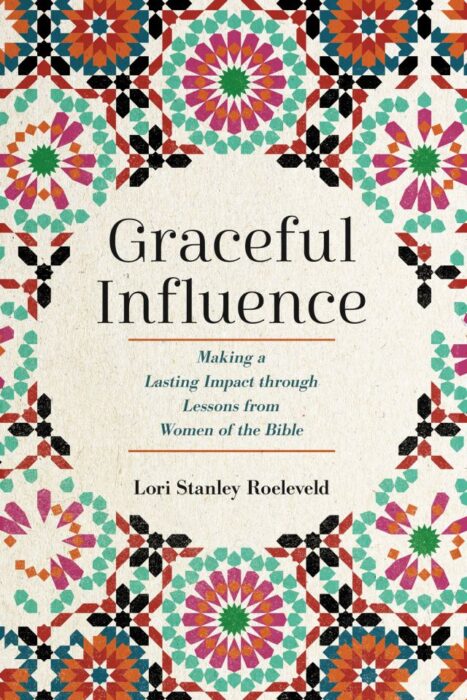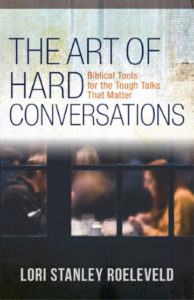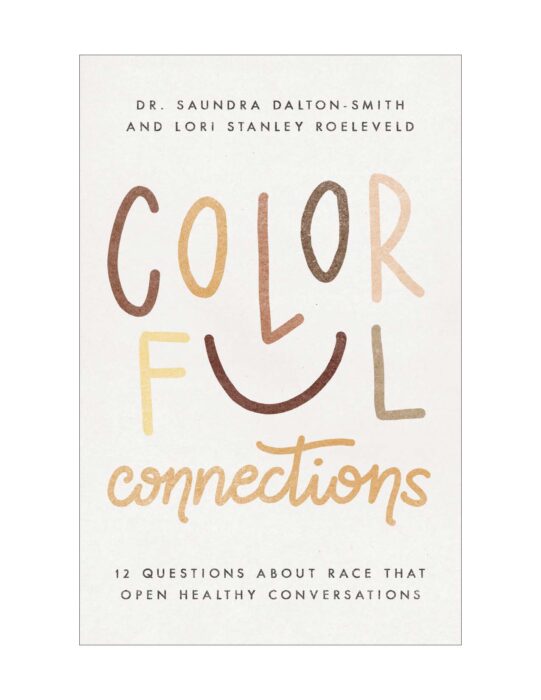 I have witnessed incredible courage in my times – bravery on the battlefield of childhood.
I have witnessed incredible courage in my times – bravery on the battlefield of childhood.
Times when adults stood around muttering that “someone should do something” until a child, full of love, tugged the sword out of their stone hearts and became king of love and reason.
An eight-year-old alone in a room of professionals, speaking up to say, “We’re not safe at home. We’re being hurt. Please don’t make us go back there.” Then, taking up her mother’s hand and saying, “Mommy, I’m sorry. I love you, but you’re not protecting us. Maybe these people can.”
people can.”
The ten-year-old boy who leapt to his feet in a living room crowded with adults (for weeks I’d wondered if he’d been listening) and shouted, “Ha! Mom, I knew that was wrong even though you said it was okay for me to ride in the trunk of the car. It is wrong, isn’t it?”
I nodded my head as I watched his mind make connections like a pinball machine the moment after the quarter drops. “I bet it’s not normal to find a guy sleeping on the floor of your bedroom and your mom doesn’t know who he is. And, I bet it’s not okay for me to put up to five things in my pockets at the store and not pay for them, right? Mom, you’ve got tons of stuff messed up. I think you believe you love me but you’re doing it way wrong and I’m not going to trust you until you start doing it right.”
 Suddenly, I realized the kid wasn’t done. He turned to the small group of aunts and uncles sitting in the room. “And you guys – what have you been doing? How come you aren’t saying anything to her? I’m a kid and grown-ups are supposed to watch out for kids. You guys are epic failures watching out for me.”
Suddenly, I realized the kid wasn’t done. He turned to the small group of aunts and uncles sitting in the room. “And you guys – what have you been doing? How come you aren’t saying anything to her? I’m a kid and grown-ups are supposed to watch out for kids. You guys are epic failures watching out for me.”
Or the thirteen-year-old girl who sat across a kitchen table and looked me square in the eye. “Why should I tell you anything about my hopes and dreams? You’re like the fifteenth old lady to sit in this kitchen and act like you know something that might help us. We have problems, but I’m not stupid. Why do you act like it should be normal for me to start spilling my guts to a total stranger just because she says I can trust her? Is that what you teach your kids? Maybe I might need to know something more than your name before I start spilling family secrets because when you all go home at night, I’m still living here and to live here, you have to be smart and careful. Why don’t you ask my dad his hopes and dreams? If you start working on that, we might actually get somewhere, but that’s a lot harder than sittin’ with a thirteen-year-old, isn’t it?”
still living here and to live here, you have to be smart and careful. Why don’t you ask my dad his hopes and dreams? If you start working on that, we might actually get somewhere, but that’s a lot harder than sittin’ with a thirteen-year-old, isn’t it?”
Sometimes love is a hard conversation.
Don’t tell a kid in your ministry you love them in the name of Jesus unless you’re willing to sit with their parents and talk when you suspect things aren’t all right at home.
Don’t tell a young woman you love her and then suggest she stay quiet when she says that a church leader made her feel uncomfortable with his words or his hands.
 Don’t tell a young wife to go home, pray, and be a better wife when she confides about her husband’s unexpected rages, his drinking, his pornography, or his abusive words.
Don’t tell a young wife to go home, pray, and be a better wife when she confides about her husband’s unexpected rages, his drinking, his pornography, or his abusive words.
When your friend gossips about the pastor’s wife and belittles her husband and shares details about her neighbor’s business in the guise of a prayer request, don’t just walk away and feel self-righteous that “at least you’re not like her.”
To be like Jesus is to love like a child.
“At that time the disciples came to Jesus, saying, “Who is the greatest in the kingdom of heaven?” And calling to him a child, he put him in the midst of them and said, “Truly, I say to you, unless you turn and become like children, you will never enter the kingdom of heaven. Whoever humbles himself like this child is the greatest in the kingdom of heaven.” Matthew 18:1-3 ESV
A child sees no conflict between loving someone and telling them the truth.
A child sees no dissonance in loving a person and saying hard things to them.
A child knows that if someone doesn’t stand up to people doing wrong things, they’ll keep doing them.
A child knows how to love someone and still tell them they have to stop hurting other people.
Children learn from the people doing wrong to silence themselves, to hide, to cower, and to embrace helplessness. Jesus calls out the child in us to unlearn these ways for these are the ways of the sinful world.
 Jesus demonstrated that sometimes love is a hard conversation.
Jesus demonstrated that sometimes love is a hard conversation.
Children of God, let love incite us to speak truth into our own lives and to choose love even when it would be easier to stay silent. This is the way of light. Sin, pain, and all manner of evil flourish in the darkness.
Our words can be light against which, the darkness will not prevail.
Sometimes love is a hard conversation https://t.co/LtaEdmwILX #hardconversation #Jesus #confrontingabuse
— Lori Roeleveld (@lorisroeleveld) July 14, 2018











The Conversation
This is convicting, Lori–thank you, Amazing Lady!
Yikes! The kids are right.
YES.
Thank you.
Lori,
I have two different women I’m meeting with who are in relationships in which they are belittled, yelled at, cussed out, demeaned, given little money to shop with, treated harshly and coldly, demanded of sexual acts that hurt them, and have a few times brushed up against borderline physical confrontation. In both instances, they left, not with a goal to divorce, but to put in boundaries and to bring light to the sin. In both instances, their churches singled them out as divisive, have told them they are sinning, asked them what they did to make them angry, that they haven’t been punched so it’s not that bad, that they need to submit to their husband’s leadership in the home, and if not they will lose their membership and standing within the church. One pastor answered cries for help with, “Oh don’t be so dramatic–this isn’t North Korea!” The church’s response to seek discipline on the woman–and not addressing the sin of the “spiritual leader” of the home–have emboldened these men and justified the husband’s behavior (in the eyes of the husband). These women are clinging to the love of Jesus and to the fact that He loves them deeply, praying desperately for their husbands, and for their children, begging God for help and relief. As a confidant, I feel helpless–not only are they being manipulated and controlled and abused by their husbands, but they also are bashed over the head with Scriptures that seem to tell them to shut up, put up with it, submit, obey, and trust God. And by no means are they to seek cover or relief–this is God’s will. I can’t betray the confidence of these women by having a hard conversation with their husbands–it would inflame the situations, and could put them in danger. I can’t report them to the authorities–the law is silent on these issues. Any thoughts?
Victoria, It’s hard for me to offer advice blindly, since every marriage/church/relationship is different. There have been times when I’ve offered to go with others to speak with their church leaders or spouses – under the principal of Matthew 18. I wonder if that’s a possibility in your situation.
Every pastor should read, ‘When it’s All Her Fault. My husband and I were group leaders in marriage ministry for many years. We did much one on one counseling. I’ve been a widow for many years now, but still have a heart for marriages. Like the children who are afraid to tell, many women live in soul-killing agony, often because no one (the church), has a clue to the reality of abuse. So for years these women endure, as they lose them selves. Pastors and counselors are fooled by abusers, and victims take one more step into oblivion. Abusers can ‘look’ so good.